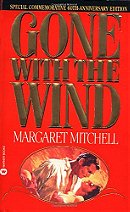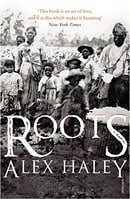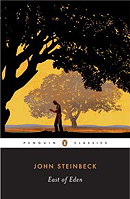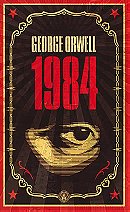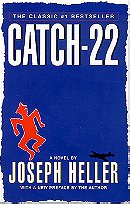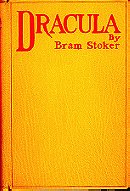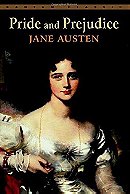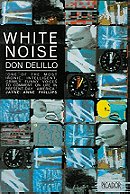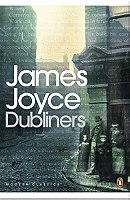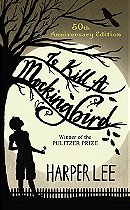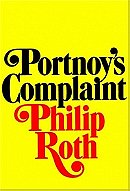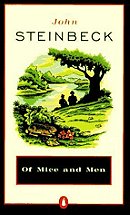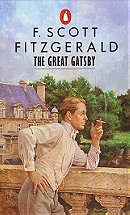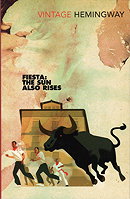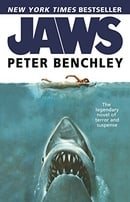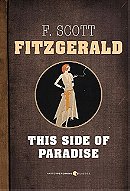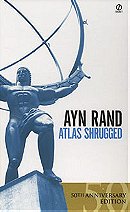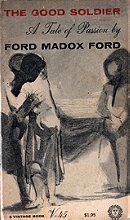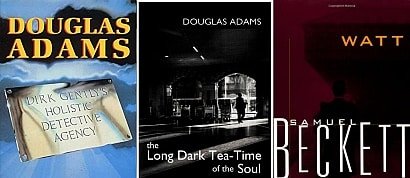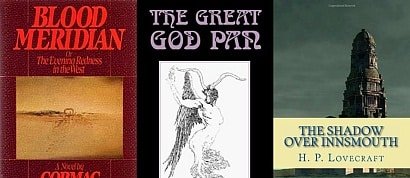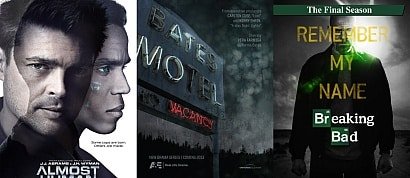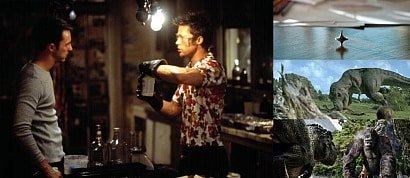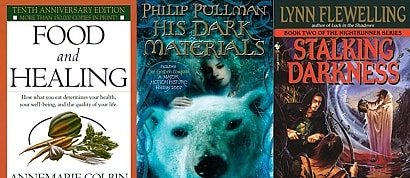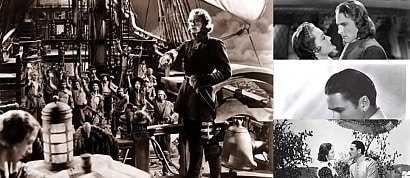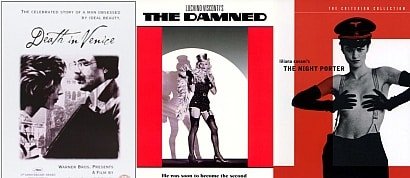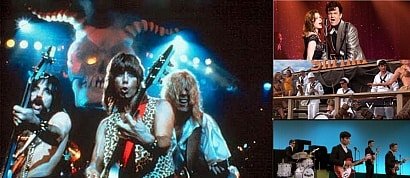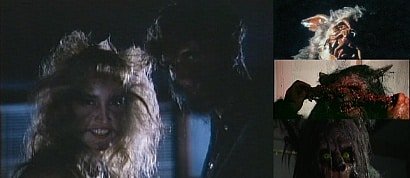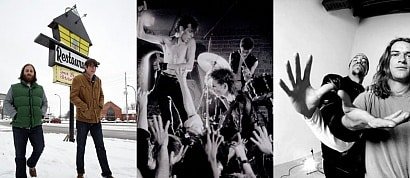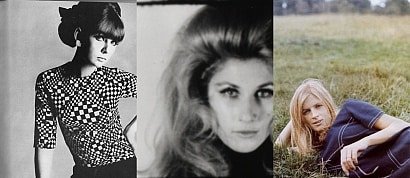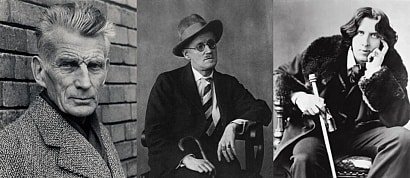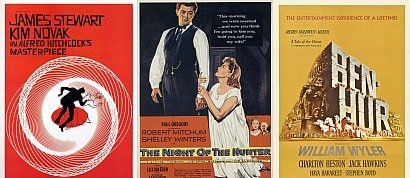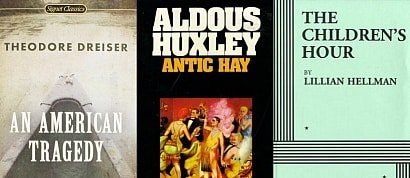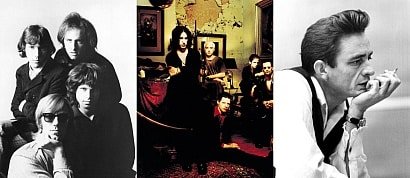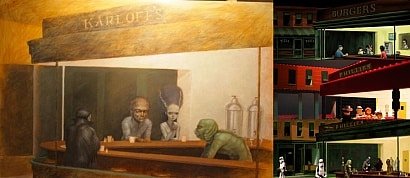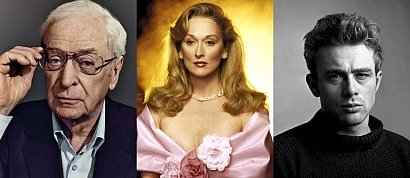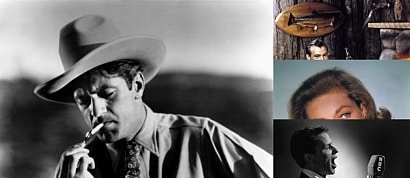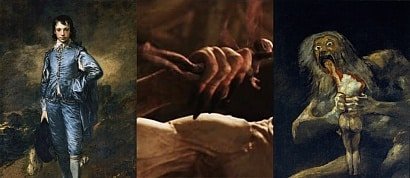What Classic Literature Was Almost Called
Sort by:
Showing 20 items
Rating:
List Type:
Peyton Place (Hardscrabble Books-Fiction of New England)... - Grace Metalious
Early drafts of this novel were titled The Tree and the Blossom because Grace Metalious and her husband, George, could not decide on an appropriate name for the community in which the novel is set.
They initially considered "Potter Place," the name of a real community near Andover, New Hampshire. When they realized that their town should have a fictional name, they looked through an atlas and found "Payton," the name of a real town in Texas. After changing the "a" to an "e" and combining "Peyton" with "Place," Peyton Place was born.
Grace Metalious would later describe Peyton Place as "Peyton Place, New Hampshire. Peyton Place, New England. Peyton Place, USA. Truly a composite of all small towns where ugliness rears its head, and where the people try to hide all the skeletons in their closets."
They initially considered "Potter Place," the name of a real community near Andover, New Hampshire. When they realized that their town should have a fictional name, they looked through an atlas and found "Payton," the name of a real town in Texas. After changing the "a" to an "e" and combining "Peyton" with "Place," Peyton Place was born.
Grace Metalious would later describe Peyton Place as "Peyton Place, New Hampshire. Peyton Place, New England. Peyton Place, USA. Truly a composite of all small towns where ugliness rears its head, and where the people try to hide all the skeletons in their closets."
Gone with the Wind - Margaret Mitchell
Among the titles Mitchell considered for the novel were Tomorrow is Another Day, Ba! Ba! Black Sheep, Tote the Weary Load, Jettison, None So Blind, Milestones, Not in Our Stars, Mules in Horse Harness, and Bugles Sang True. The title Mitchell ultimately chose came from Ernest Dowson's poem Non Sum Qualis Eram Bonae sub Regno Cynarae ("I have forgot much, Cynara! Gone with the wind/Flung roses, roses riotously with the throng,/Dancing, to put thy pale, lost lilies out of mind...").
Roots - Alex Haley
Alex Haley's epic historical novel was written as Before This Anger, but published as the more diplomatic (if perhaps somewhat grandiose) Roots: The Saga of an American Family.
East of Eden - John Steinbeck
The original (and blunter) title was Salinas Valley, but Steinbeck changed it to reflect the book's allegorical themes.
1984 - George Orwell
George Orwell’s publisher didn’t feel that the title to Orwell’s novel The Last Man in Europe was terribly commercial and recommended using 1984 instead (stories vary as to why: some claim that it was a reworking of the year Orwell finished writing the book [1948], others that it was a reference to G.K. Chesterton's The Napoleon of Notting Hill).
Catch-22 - Joseph Heller
Heller initially wanted Catch-18 as the novel's title because the number means "alive" in Gematria, the traditional Jewish system of assigning numerical value to a word or phrase. But before the book was published, Heller's agent, Candida Donadio, asked Heller to change it to avoid confusion with the Leon Uris novel Mila 18. Heller's second choice, Catch-17, was also rejected, because it was considered too similar to Billy Wilder's film Stalag 17.
Heller then suggested Catch-11 (the double number symbolizing deja-vu-like repetition), but that too was dropped because the original Ocean’s 11, a heist film starring Frank Sinatra, was newly in theaters. The number 22 was finally chosen because it was 11 doubled.
Heller then suggested Catch-11 (the double number symbolizing deja-vu-like repetition), but that too was dropped because the original Ocean’s 11, a heist film starring Frank Sinatra, was newly in theaters. The number 22 was finally chosen because it was 11 doubled.
Dracula - Bram Stoker
The earliest drafts of Stoker's Dracula were titled The Un-Dead, and, confusingly, The Dead Un-Dead. They also refer to Count Dracula as "Count Wampyr."
Stoker chose the name "Dracula" after he read William Wilkinson's portentously titled An Account of the Principalities of Wallachia and Moldavia with Political Observations Relative to Them. In the Romanian language, Stoker learned, the word "dracul" can mean "the dragon" or "the devil." It is also strongly associated with the House of Drăculești, the royal family that included Vlad III, Prince of Wallachia, also known as Vlad the Impaler (Vlad Tepes).
Stoker chose the name "Dracula" after he read William Wilkinson's portentously titled An Account of the Principalities of Wallachia and Moldavia with Political Observations Relative to Them. In the Romanian language, Stoker learned, the word "dracul" can mean "the dragon" or "the devil." It is also strongly associated with the House of Drăculești, the royal family that included Vlad III, Prince of Wallachia, also known as Vlad the Impaler (Vlad Tepes).
Pride and Prejudice - Jane Austen
Jane Austen’s father submitted an early version of Pride and Prejudice called First Impressions to a publisher who rejected it, prompting Austen to spend fifteen years rewriting the book (from 1798 to 1813, when it was finally published), and change its title to a phrase most likely taken from Fanny Burney's novel Cecilia. First Impressions later reappeared in 1959 as the title of a short-lived Broadway musical based on Austen's novel, starring Polly Bergen (as Elizabeth Bennett) and Farley Granger (as Mr. Darcy).
White Noise - Don DeLillo
Don DeLillo wanted to call the book Panasonic, but lawyers for the Panasonic Corporation objected and forced DeLillo to changed it.
Dubliners - James Joyce
Originally called Ulysses in Dublin, Dubliners featured characters that would later appear in Joyce's Ulysses a few years later.
To Kill a Mockingbird - Harper Lee
Called Atticus before Harper Lee decided that the title focused too narrowly on one character.
Portnoy's Complaint - Philip Roth_II
Working titles for Philip Roth’s most famous novel included The Jewboy, Wacking Off, and A Jewish Patient Begins his Analysis before Roth decided on the more personal Portnoy’s Complaint.
Of Mice And Men - John Steinbeck
Originally called Something That Happened; Steinbeck changed the title after reading the Robert Burns poem To a Mouse.
The Great Gatsby - F. Scott Fitzgerald
Fitzgerald wrote the novel under many titles, including Incident at West Egg; Under the Red, White, and Blue; Among Ash-Heaps and Millionaires; On the Road to West Egg; Gold-Hatted Gatsby; and The High-Bouncing Lover.
For publication, Fitzgerald seriously considered Trimalchio in West Egg. Like Gatsby in the novel, Trimalchio, a character in Petronius's Satyricon, is a parvenu known for his lavish parties. But Fitzgerald’s wife, Zelda, and editor, Maxwell Perkins, were concerned that the reference was obscure and difficult to pronounce. They were also wary of including an odd, made-up place name like "West Egg" in the book’s title. At Perkins' request, Fitzgerald reluctantly agreed to Zelda's suggestion of The Great Gatsby, a title the author considered "only fair . . . rather bad than good, because there’s no evidence towards Gatsby’s greatness or lack thereof."
For publication, Fitzgerald seriously considered Trimalchio in West Egg. Like Gatsby in the novel, Trimalchio, a character in Petronius's Satyricon, is a parvenu known for his lavish parties. But Fitzgerald’s wife, Zelda, and editor, Maxwell Perkins, were concerned that the reference was obscure and difficult to pronounce. They were also wary of including an odd, made-up place name like "West Egg" in the book’s title. At Perkins' request, Fitzgerald reluctantly agreed to Zelda's suggestion of The Great Gatsby, a title the author considered "only fair . . . rather bad than good, because there’s no evidence towards Gatsby’s greatness or lack thereof."
The Secret Garden - Frances Hodgson Burnett
The working title for the book was Mistress Mary, taken from the classic nursery rhyme ("Mary, Mary, quite contrary, how does your garden grow?"). Frances Hodgson Burnett changed the title on publication, because it sounded "too adult."
The Sun Also Rises - Ernest Hemingway
Fiesta, Ernest Hemingway’s original title for the novel, is still used for some European editions. Hemingway changed the North American version to The Sun Also Rises (which is paraphrased from Ecclesiastes 1:5) at the behest of his publisher.
Jaws - Peter Benchley
Peter Benchley toyed with many different titles while writing the novel, including The Stillness in the Water, Leviathan Rising, The Summer of the Shark, The Terror of the Monster, The Silence of the Deep, The Jaws of Death, and The Jaws of the Leviathan, but ultimately dismissed them as "melodramatic, weird, or pretentious."
Benchley's father, Nathaniel (son of Algonquin Round Table pundit Robert Benchley), suggested the title What's That Noshin' on My Laig?
Jaws was chosen when Peter Benchley met his editor, Tom Congdon, at a New York City restaurant twenty minutes before the novel went to print. "Looking over the working titles," Benchley recalled, "I said, 'We cannot agree on a word that we like, let alone a title that we like. In fact, 'jaws' is the only word that even means anything, that even says anything. Call it Jaws.' Congdon said, 'What does it mean?' I said, 'I don't know, but it's short, it fits on a jacket, it may work.' He said, "'Okay, we'll call the thing Jaws.'"
Benchley's father, Nathaniel (son of Algonquin Round Table pundit Robert Benchley), suggested the title What's That Noshin' on My Laig?
Jaws was chosen when Peter Benchley met his editor, Tom Congdon, at a New York City restaurant twenty minutes before the novel went to print. "Looking over the working titles," Benchley recalled, "I said, 'We cannot agree on a word that we like, let alone a title that we like. In fact, 'jaws' is the only word that even means anything, that even says anything. Call it Jaws.' Congdon said, 'What does it mean?' I said, 'I don't know, but it's short, it fits on a jacket, it may work.' He said, "'Okay, we'll call the thing Jaws.'"
This Side Of Paradise - F. Scott Fitzgerald
F. Scott Fitzgerald's first novel was originally called The Romantic Egotist. The final title was adapted from a line in Rupert Brooke's poem Tiare Tahiti ("Snare in flowers, and kiss, and call,/With lips that fade, and human laughter/And faces individual,/Well this side of Paradise!/…./There’s little comfort in the wise").
Atlas Shrugged - Ayn Rand
In 1956, a year before the book was released, Ayn Rand decided that the novel's working title, The Strike, gave away too much plot detail (some characters in the book go on a "mind strike" to prove their theory that creative genius is vital to society). Rand's husband, Frank O'Connor, suggested Atlas Shrugged (Atlas is "the giant who holds the world on his shoulders" in Greek and Roman mythology, hence the disastrous consequences of shrugging), and the name stuck.
The Good Soldier - Ford Madox Ford
Ford wanted to call the novel The Saddest Story, but his publisher, John Lane, thought that would be a disastrous choice for a book published in the midst of the Great War. When Lane asked Ford to pick another title, Ford jokingly offered The Good Soldier as an ironic alternative, writing that: “The Saddest Story – I say it in all humility – is about the best book you ever published and the title is about the best title. Still I make it a principle never to interfere with my publisher … Why not call the book The Roaring Joke? Or call it anything you like, or perhaps it would be better to call it The Good Soldier – that might do.”
Lane took Ford at his word; Ford later claimed that he was unaware of this until, to his horror, he saw The Good Soldier in a bookstore six months later.
Lane took Ford at his word; Ford later claimed that he was unaware of this until, to his horror, he saw The Good Soldier in a bookstore six months later.
People who voted for this also voted for
Fashion in 2000 Films
Ex libris
Favorite Books
my 2013 television diary.
favorite movies.
Books - My Journal and Queue
Tribute to Errol Flynn
My Dirk Bogarde Collection
Favorite Movie Bands
Worst werewolf movies
Top 10 Underrated Bands
"lets spend the night together" said Mick
Irish Writers
Movies I hate but everyone else loves
My Favorite Movies of the 50's
More lists from Gia
Literature Banned in Boston
The Doomsday Playlist
Nighthawks
Down to the Garden
Actors on Acting
Portraits by Paul Hesse
18th and 19th Century Art on Film
 Login
Login
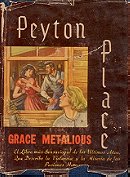
 7
7
 9
9
 0
0
